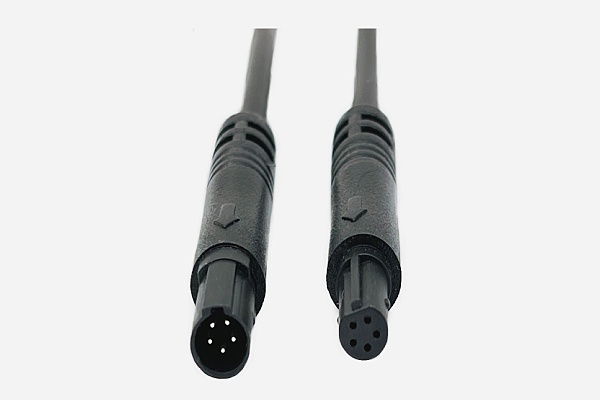News


News

Waterproof Plugs for Automobiles: Engineering for Reliability in Harsh Conditions
Release time:2025-07-18
viewed:382
In modern vehicle design, waterproof plugs for automobiles have become critical components that ensure electrical system reliability. These specialized connectors address the unique challenges faced by automotive wiring in wet and corrosive environments. From engine compartments to undercarriage wiring harnesses, waterproof plugs for automobiles provide the first line of defense against moisture-related failures that can disable critical vehicle functions.

Waterproof plugs for automobiles utilize multi-layer sealing systems combining rubber gaskets, compression seals, and sometimes gel-filled cavities. This creates a complete moisture barrier while maintaining flexibility during vehicle vibration. The sealing effectiveness of waterproof plugs for automobiles typically meets IP67 or higher standards, capable of withstanding high-pressure car washes and complete submersion in some applications.
High-grade thermoplastics and specialized elastomers give waterproof plugs for automobiles exceptional resistance to automotive fluids like oil, brake fluid, and battery acid. The materials are engineered to maintain sealing properties across extreme temperature ranges from -40°C to 125°C, matching the thermal cycles experienced in engine bays and exterior locations.
Unlike standard connectors, waterproof plugs for automobiles feature positive locking mechanisms that prevent loosening from constant vehicle vibration. Many designs incorporate secondary locking tabs or screw-type retention systems that maintain electrical continuity even during off-road use or prolonged driving on rough surfaces.
The contact pins within waterproof plugs for automobiles often use gold plating or other corrosion-resistant coatings. This prevents oxidation that could lead to increased resistance and voltage drops in critical circuits. Some advanced versions include capillary-break features that actively repel water from contact areas.
Waterproof plugs for automobiles come in numerous pin configurations and sizes tailored to different vehicle systems. Larger gauge versions handle high-current applications like electric vehicle battery connections, while compact versions serve sensor networks and lighting systems. Color-coding and keyed shapes prevent incorrect mating in crowded wiring environments.
As vehicles incorporate more electronic components and face increasingly demanding operating conditions, waterproof plugs for automobiles will continue evolving. Future developments may include smart connectors with built-in moisture detection or self-healing sealants. What remains constant is their vital role in maintaining electrical system integrity - making waterproof plugs for automobiles unsung heroes of reliable vehicle operation. Whether in daily commuter cars or extreme off-road vehicles, these components quietly prevent countless moisture-related failures every day.